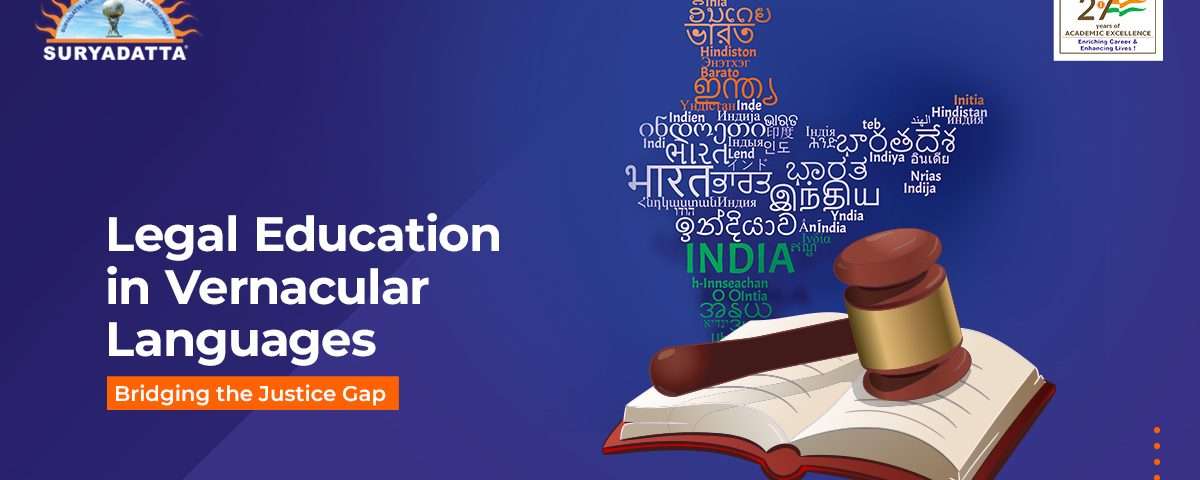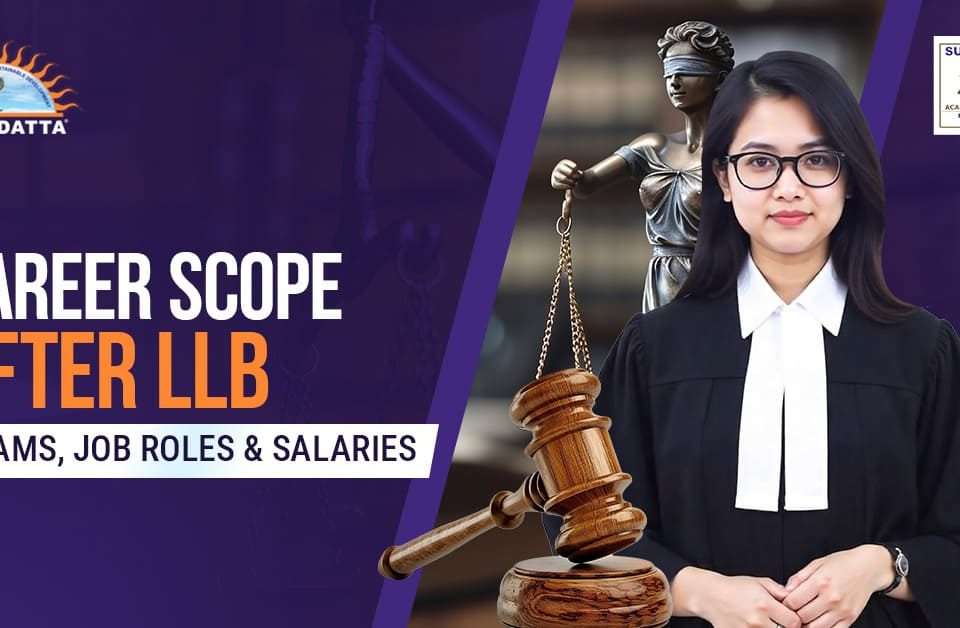Legal Education in Vernacular Languages: Bridging the Gap Between Law and Society

Panchayati Raj System in India: A Comprehensive Guide
April 27, 2025
What to Expect in Your LLB Degree Journey
June 24, 2025In a country as diverse as India, with over 22 officially recognized languages and countless dialects, legal education has long been perceived as elitist and inaccessible to large sections of the population. The dominance of English in legal studies, courts, and legal professions has created a linguistic barrier that prevents many bright minds from pursuing law as a career and limits the public’s understanding of their rights and responsibilities. Legal education in vernacular languages is not just a progressive idea but a necessity to democratize access to justice and empower citizens.
Importance of Legal Education in Vernacular Languages
- Enhancing Accessibility to Legal Knowledge : Legal systems are designed to serve the people, but a significant proportion of the Indian population is excluded due to language barriers. By offering legal education in vernacular languages, we can open the doors for aspiring lawyers from rural and regional backgrounds who are more comfortable with their native tongues. This inclusivity fosters a more representative legal system.
- Promoting Regional Development : Vernacular legal education empowers students to practice in local courts, handle regional legal issues, and engage with community-specific challenges. This strengthens legal systems at the grassroots level and ensures that legal redressal mechanisms are accessible to everyone, especially in rural and semi-urban areas.
- Improving Public Legal Awareness : Legal awareness campaigns in vernacular languages are far more effective in educating the masses about their rights, duties, and the judicial process. Law graduates trained in regional languages can play a pivotal role in community legal literacy programs.
- Enhancing Career Opportunities : Students trained in vernacular legal education can specialize in regional laws, local governance issues, and culturally nuanced legal practices, thus carving out unique career paths. They are also well-positioned to join legal aid programs and government initiatives aimed at regional development.
Challenges in Implementing Legal Education in Vernacular Languages
- Lack of Resources : Developing quality textbooks, case studies, and legal documents in vernacular languages remains a significant hurdle. Translating complex legal terms without diluting their meaning requires expertise and resources.
- Standardization Issues : Each vernacular language has regional variations, making standardization of legal terminology challenging. Without uniformity, consistency in education and practice could suffer.
- Faculty Proficiency : Finding and training faculty who are proficient in both the legal domain and vernacular languages is a critical challenge. Institutions need to invest in capacity building for their teaching staff.
- Integration with the National Legal Framework : Since higher courts and central legal frameworks operate primarily in English, ensuring seamless integration between vernacular education and national-level legal practice is essential.
The Role of Institutions in Promoting Vernacular Legal Education
Institutions like Suryadatta Law College (SLC), Pune, are leading the charge in reimagining legal education to make it more inclusive. Established in 2022 under the auspices of the Suryadatta Education Foundation, SLC aims to provide exceptional quality legal education while nurturing socially responsible and competent legal professionals.
SLC’s Commitment to Vernacular Legal Education
- Curriculum Focused on Regional and National Laws : SLC integrates local laws, regional governance, and vernacular legal practices into its curriculum. The emphasis on both theoretical and practical knowledge equips students to navigate local legal systems confidently.
- Experienced Faculty : The college employs a team of highly qualified and experienced educators proficient in both English and vernacular languages. This ensures students receive guidance that resonates with their cultural and linguistic backgrounds.
- Courses Offered : Suryadatta Law College offers the B.A. LL.B. (5-year course), combining arts and law to provide a holistic understanding of the socio-legal framework. This interdisciplinary approach bridges the gap between society and the legal system.
- Infrastructure and Resources : The college boasts a well-equipped library with resources in English and regional languages, moot court facilities for practical exposure, and workshops that encourage community engagement.
- Promoting Inclusivity : By providing opportunities to students from diverse linguistic and cultural backgrounds, SLC ensures that legal education transcends barriers and becomes a tool for empowerment.
The Future of Legal Education in Vernacular Languages
- Technology as an Enabler : Digital tools like AI-powered translation software and e-learning platforms can revolutionize the availability of vernacular legal resources. Online courses in regional languages could reach a broader audience.
- Policy Support : The government and regulatory bodies, such as the Bar Council of India, should incentivize institutions to develop vernacular legal programs. Grants and recognition for initiatives in this direction would motivate more colleges to follow suit.
- Collaborations with Regional Stakeholders : Partnerships between legal institutions, NGOs, and local governments can facilitate the creation of region-specific legal resources and training programs.
- National Integration Through Multilingual Competence : Encouraging bilingual or multilingual proficiency among law students can help bridge the gap between vernacular legal education and national or international legal practice.
Why Choose Suryadatta Law College?
If you aspire to pursue a legal career while staying connected to your roots and community, Suryadatta Law College (SLC), Pune, is the ideal choice. Affiliated with the prestigious Savitribai Phule Pune University and approved by the Bar Council of India, SLC offers a robust platform to shape your legal career.
Whether your goal is to advocate for social justice, contribute to regional development, or excel in the legal profession, SLC’s B.A. LL.B. program equips you with the skills, knowledge, and perspective to succeed.
Conclusion
Legal education in vernacular languages is not merely a reformative step; it is a transformative approach to making justice accessible to all. By breaking down linguistic barriers, we can create a more inclusive legal system that serves every citizen of India effectively.


